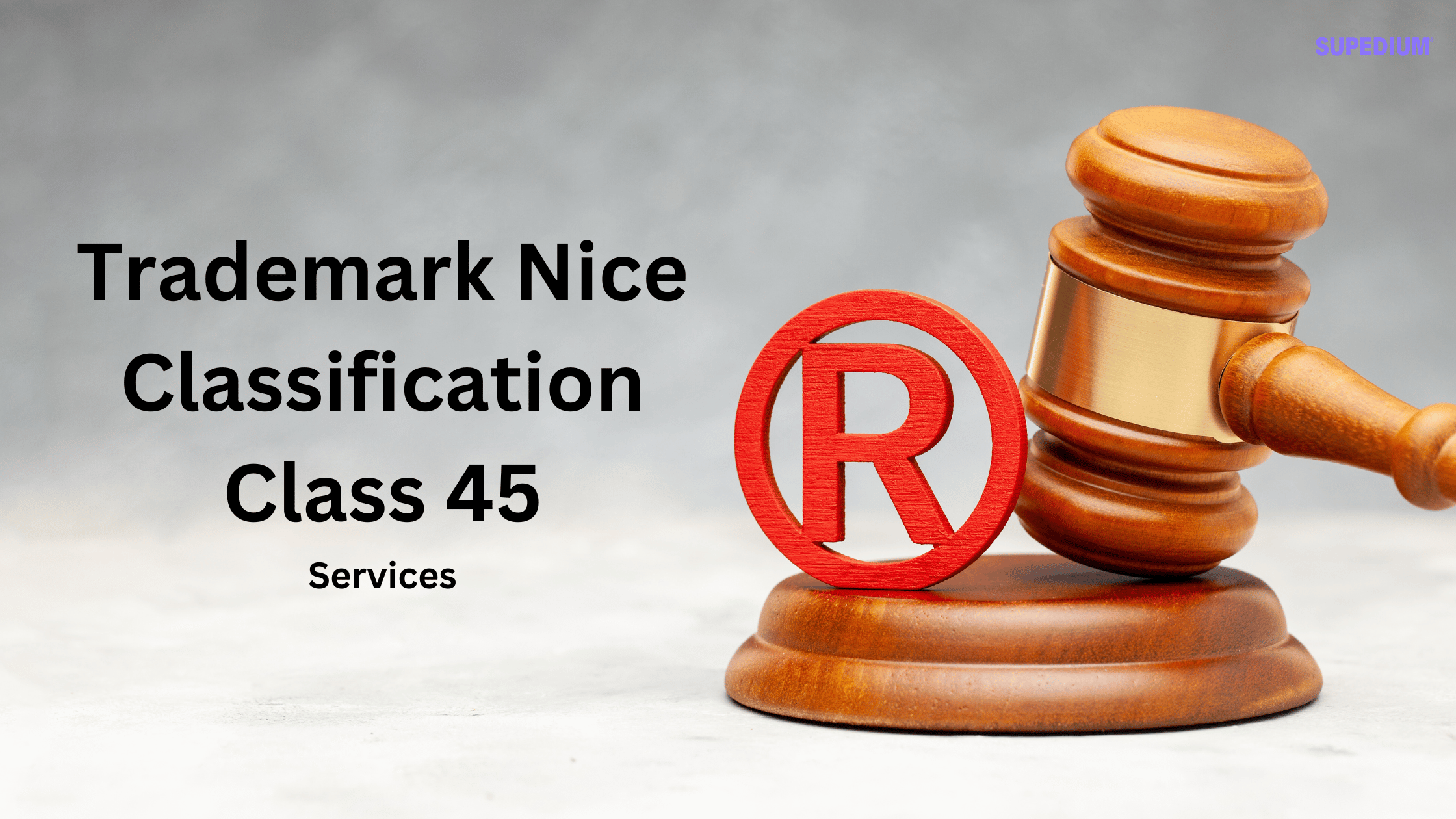Table of Contents
![]()
Introduction
Bipolar disorder, a mental health condition characterized by significant mood swings, is a condition that impacts millions worldwide. Historically, bipolar disorder has been understood through various lenses, from ancient descriptions of manic-depressive illness to contemporary psychiatric frameworks. Understanding this disorder is crucial for effective management and support.
Types of Bipolar Disorder
Bipolar disorder is categorized into several types, each with distinct features:
- Bipolar I Disorder: Defined by manic episodes lasting at least seven days or manic symptoms that are so severe they require immediate hospital care, usually alternating with depressive episodes lasting at least two weeks.
- Bipolar II Disorder: Characterized by a pattern of depressive episodes and hypomanic episodes, but not the full-blown manic episodes seen in Bipolar I.
- Cyclothymic Disorder: Involves periods of hypomanic symptoms and periods of depressive symptoms lasting for at least two years (one year in children and adolescents), but the symptoms do not meet the criteria for a hypomanic episode or depressive episode.
- Other Specified and Unspecified Bipolar Disorders: These are diagnoses given when symptoms do not fit into the other categories but still cause significant distress or impairment.
Symptoms
The symptoms of bipolar disorder vary between manic and depressive episodes:
- Manic and Hypomanic Episodes: Symptoms include elevated mood, increased energy, decreased need for sleep, grandiosity, distractibility, racing thoughts, and excessive involvement in risky activities.
- Depressive Episodes: Characterized by feelings of sadness, hopelessness, loss of interest in activities, fatigue, changes in sleep and appetite, and thoughts of death or suicide.
- Mixed Episodes: Symptoms of both mania and depression occur simultaneously, presenting a complex and challenging clinical picture.
The impact on daily life can be profound, affecting relationships, work, and overall quality of life.
Causes and Risk Factors
The exact causes of bipolar disorder are not fully understood, but several factors are believed to contribute:
- Genetic Predisposition: There is a hereditary component, with the disorder more common in individuals with a family history.
- Neurobiological Factors: Imbalances in neurotransmitters and structural brain abnormalities may play a role.
- Environmental Triggers: Stressful life events, substance abuse, and major life changes can trigger episodes.
- Psychological Factors: Personal history and psychological stressors may influence the onset and course of the disorder.
Diagnosis
Diagnosis involves a comprehensive evaluation:
- Diagnostic Criteria: According to the DSM-5, criteria include the duration and nature of mood episodes and their impact on functioning.
- Differential Diagnosis: It’s essential to distinguish bipolar disorder from other conditions like unipolar depression or borderline personality disorder.
- Assessment Tools and Methods: Clinicians use interviews, questionnaires, and sometimes behavioral assessments to determine the diagnosis.
Treatment
Effective management of bipolar disorder typically involves a combination of approaches:
- Medications: These may include mood stabilizers (e.g., lithium, valproate), antipsychotics (e.g., quetiapine, olanzapine), and sometimes antidepressants.
- Psychotherapy: Cognitive-behavioral therapy (CBT), interpersonal therapy, and family therapy are commonly used to help individuals manage symptoms and improve functioning.
- Lifestyle Changes: Regular exercise, a balanced diet, and adequate sleep are important in managing the disorder.
- Electroconvulsive Therapy (ECT): For severe cases, ECT may be considered, especially when other treatments have failed.
Management and Support
Managing bipolar disorder requires a multifaceted approach:
- Treatment Plan: A personalized treatment plan is developed, often involving medication and therapy.
- Support Networks: Family, friends, and support groups play a critical role in providing emotional support and practical help.
- Coping Strategies: Techniques such as stress management, maintaining a routine, and monitoring mood changes can help in managing symptoms and preventing relapse.
Impact on Life
Bipolar disorder can significantly affect various aspects of life:
- Relationships and Work: Mood swings can strain relationships and impact job performance, necessitating strategies for communication and job accommodation.
- Legal and Financial Considerations: Managing finances and legal issues can be challenging, requiring careful planning and support.
- Quality of Life and Long-Term Outcomes: With appropriate treatment, many individuals lead fulfilling lives, although ongoing management and support are essential for long-term stability.
Research and Future Directions
Ongoing research continues to improve our understanding and treatment of bipolar disorder:
- Current Research Trends: Studies are exploring the neurobiological basis of the disorder, new treatment modalities, and personalized medicine approaches.
- Advances in Treatment: Innovations include novel medications, therapy techniques, and technological tools for monitoring mood and symptoms.
- Future Challenges and Goals: Challenges include reducing stigma, improving access to care, and finding more effective treatments with fewer side effects.
Conclusion
Bipolar disorder is a complex condition with significant implications for those affected. Understanding its types, symptoms, causes, and treatments is crucial for managing the disorder effectively. With advances in research and treatment, there is hope for better outcomes and improved quality of life for individuals living with bipolar disorder. Ongoing support and education remain key to addressing the challenges associated with this condition.
Share This





Be the first to comment